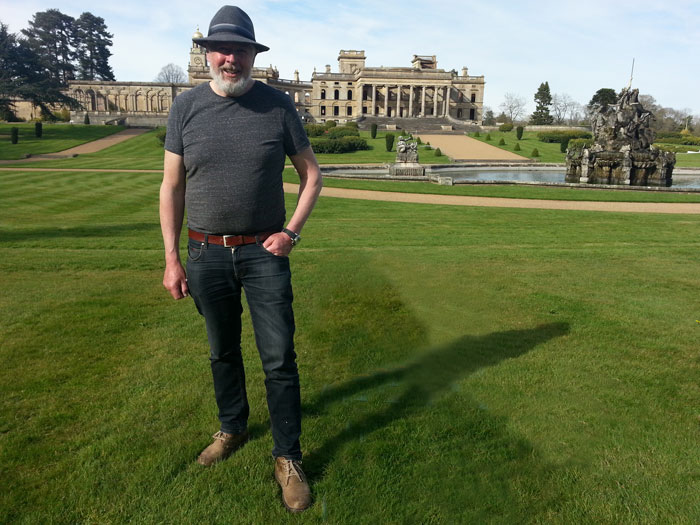 |
In 1666 John Romney and Elizabeth his wife, William Robbins and John his wife, Henry Evett and Francis Powle sold the manor of Knightwick to Thomas Foley. His grandson Thomas Foley was created Lord Foley of Kidderminster in 1712, and the manor descended with the title until 1830 or later. It must soon after have been purchased by John Williams of Pitmaston, from whom it passed under a settlement made in 1838 to his son Francis Edward Williams. He was lord of the manor until his death in 1885, when the estate passed to his son John Francis, who assumed the additional surname Greswolde. He died without issue in 1892, having devised the manor to his nephew Francis Wigley Greswolde Greswolde-Williams of Bredenbury Court, Herefordshire.
An estate called the manor or capital messuage of MAPNORS in Knightwick was held by John Alderford at the time of his death in 1556. It was held as of Elmley Castle, and, from its name, had evidently been held at one time by the Mapnors, once lords of Knightwick. Habington states that the Alderfords came into possession of this manor by the marriage of Walter Alderford, father of John (the purchaser of Pithouse), with Joan daughter and heir of Thomas Brooke of Knightwick. The manor passed with Pithouse to John Clent, and belonged in 1802 to Lord Foley, but does not now exist.
Thomas Foley, 1st Baron Foley (1673–1733)
Thomas Foley, 1st Baron Foley FRS (8 November 1673 – 22 January 1733), of Witley Court, Great Witley, Worcestershire, was an English landowner, ironmaster and Tory politician who sat in the English and British House of Commons from 1694 until 1712, when he was raised to the peerage as Baron Foley as one of Harley's Dozen.Foley was the eldest son of Thomas Foley and inherited the Great Witley estate on his father's death. His younger brothers were Edward Foley and Richard Foley. He was educated at Sheriffhales academy under John Woodhouse in 1689 and then for some years at Utrecht.He was admitted at Lincoln's Inn on 30 May 1695.
Foley was returned as Member of Parliament for Stafford at a by election on 21 November 1694 followed up by an unopposed return at the 1695 English general election. He was a Commissioner for taking subscriptions to the land bank in 1696. He held the seat at Stafford until 1712 when he was raised to the peerage, as one of 12 peers created on the recommendation of the Lord Treasurer, the Earl of Oxford, to give him a majority in the House of Lords.
Foley married Mary Strode with whom he fathered seven children, five of them predeceasing their parents. His only surviving son was Thomas Foley, 2nd Baron Foley, after whose death the title became extinct, while the estates devolved upon the latter's distant cousin Thomas Foley of Stoke Edith, Herefordshire, for whom the title was revived in 1776.
©peh
